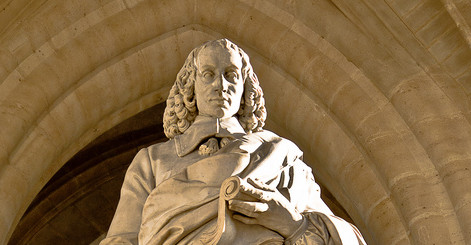

You don’t have to crunch the numbers to figure out that gambling is not a good way to make money. Casinos are successfully operated for profit and state lotteries generate revenue for the government; those business models work because the average person pays in more than they win out. Still, there’s something about jackpots in the hundreds of millions that is harder to ignore. Whenever one rolls around, there’s a good chance someone will try to make a case for playing despite the likelihood of losing money, as in this editorial on the ancillary benefits of buying a ticket for a large jackpot lottery.
There’s the usual entertainment angle — playing the lottery and imagining winning can be fun, and we spend money on other forms of fun with no expectation of financial returns. More interesting is the notion that imagining what you would do with seemingly limitless money can be a useful exercise for identifying your priorities and passions. Of course you can always do that for free, but then again many forms of reflection are free and yet still under-utilized. Maybe a little extra incentive is a good idea. Then again, maybe there are better questions to ask than what would you do if you won a lot of money. What questions help you refocus, and how do you encourage/incentivize others to ask those questions?
At church, I am currently in a class on Pascal’s wager, which strikes me as related. As I understand so far, Pascal wants us to focus on the questions that the wager raises at least as much as on whether we are going to “win” or “lose” the wager. Does Pascal’s wager help you identify your priorities?
Andy has worn many hats in his life. He knows this is a dreadfully clichéd notion, but since it is also literally true he uses it anyway. Among his current metaphorical hats: husband of one wife, father of two teenagers, reader of science fiction and science fact, enthusiast of contemporary symphonic music, and chief science officer. Previous metaphorical hats include: comp bio postdoc, molecular biology grad student, InterVarsity chapter president (that one came with a literal hat), music store clerk, house painter, and mosquito trapper. Among his more unique literal hats: British bobby, captain’s hats (of varying levels of authenticity) of several specific vessels, a deerstalker from 221B Baker St, and a railroad engineer’s cap. His monthly Science in Review is drawn from his weekly Science Corner posts — Wednesdays, 8am (Eastern) on the Emerging Scholars Network Blog. His book Faith across the Multiverse is available from Hendrickson.

Leave a Reply